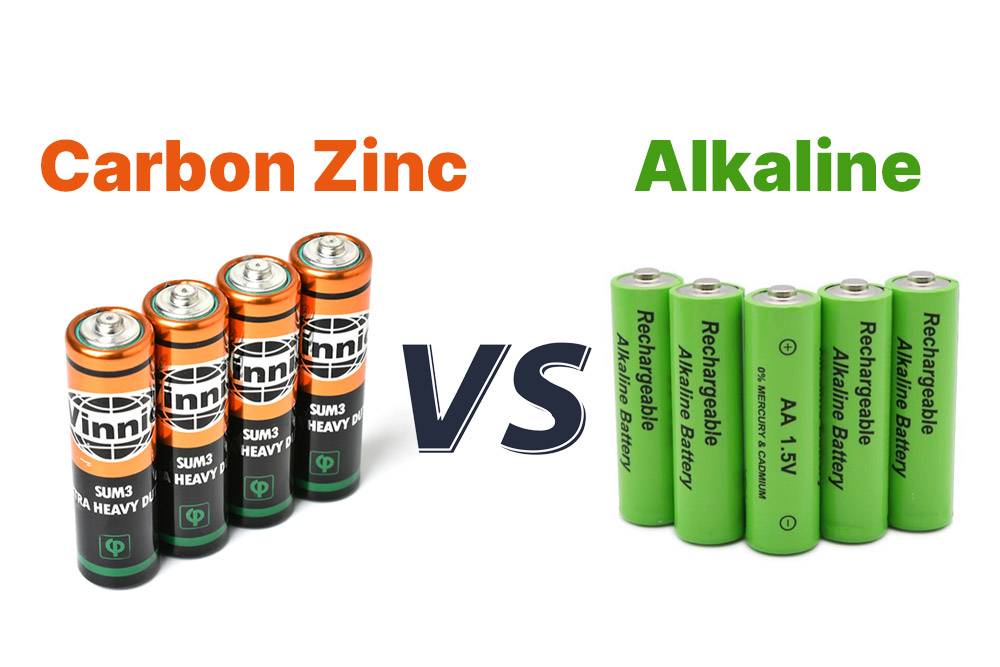
Forum
Carbon Zinc Batteries vs Alkaline Batteries Started by Shark Navigator · 0 Replies
Posted: 1 w

When choosing between carbon zinc and alkaline batteries, consider your device’s needs. Carbon zinc batteries are affordable and suitable for low-drain gadgets, while alkaline batteries offer higher energy density for high-drain devices. Alkaline batteries generally have a longer shelf life and better performance. Choose accordingly. Carbon zinc batteries, also called zinc-carbon batteries, are disposable and cheap. They use a carbon rod and a zinc casing. Common in remote controls and flashlights, they’re simple and practical for everyday gadgets. They work by a simple chemical reaction. Though not long-lasting, they’re great for basic household needs without spending much.
Carbon Zinc batteries and Alkaline batteries are quite different. Carbon Zinc uses acidic ammonium chloride, while Alkaline batteries rely on basic potassium hydroxide. Alkaline batteries have higher capacity and better adaptability to high current discharge. They also last longer and are safer due to reduced leakage risk. When comparing carbon zinc and alkaline batteries, it’s essential to note their differences. Carbon zinc batteries are cheaper and good for devices like remote controls, while alkaline batteries are better for high-drain devices like digital cameras. Alkaline batteries last longer due to their higher energy density and are more tolerant of high-current discharge. So, if you need longer-lasting power, go for alkaline batteries!
The debate on carbon zinc batteries vs alkaline batteries usually comes down to their application. Which battery is used where, and why is it the preferred choice? Zinc-carbon batteries are used in electrical appliances that consume little energy, such as wall clocks, television remote controls, and flashlights. Alkaline batteries for the part are used where long-lasting, constant high-energy output is required, such as in electric fans, radios, and portable CD players.
Zinc chloride batteries contain a zinc anode and a manganese dioxide cathode with a zinc chloride solution. Alkaline batteries, on the other hand, use potassium hydroxide as an electrolyte. Alkaline batteries offer longer lifespan and higher energy density, suitable for high-drain devices like digital cameras. Zinc chloride batteries are cheaper but better for low-drain devices. Alkaline batteries are common disposable batteries used in everyday devices. They contain potassium hydroxide electrolytes, offering longer shelf life and steady voltage. Versatile in sizes from AAA to D, they power items like remote controls and toys reliably. Their convenience and reliability make them a go-to choice for many gadgets.
Alkaline batteries, with potassium hydroxide as the electrolyte, offer reliable power for devices like remotes and toys. Versatile in sizes, from AAA to D, they suit various needs. Trusted for consistent energy output, they’re preferred for convenience. Their chemical composition ensures steady voltage, enhancing performance and shelf life. Alkaline batteries are indispensable in households and workplaces. Their reliability and ease of use make them a go-to choice for powering everyday devices with confidence.






